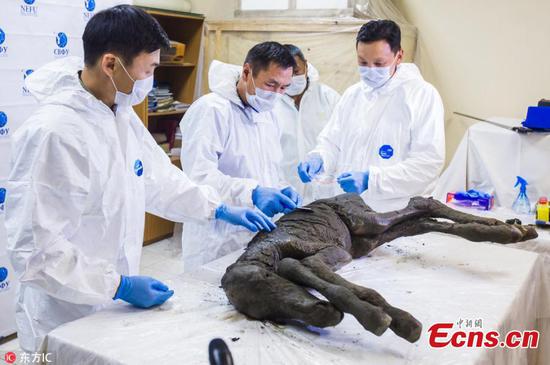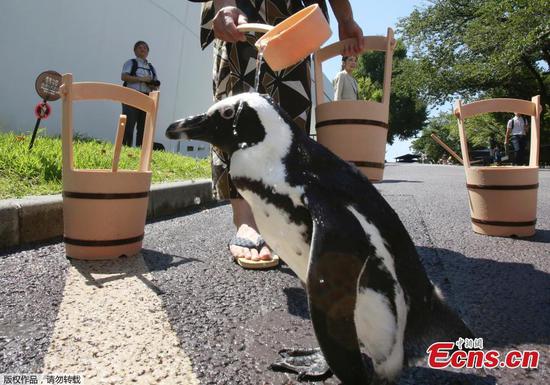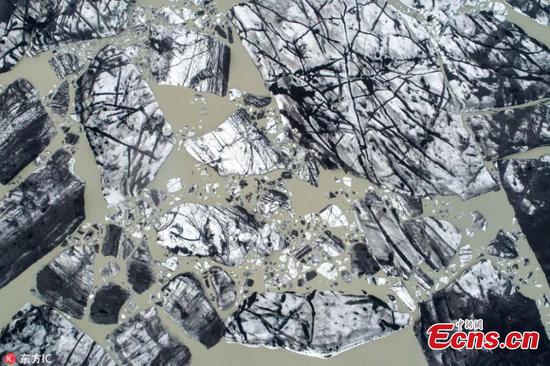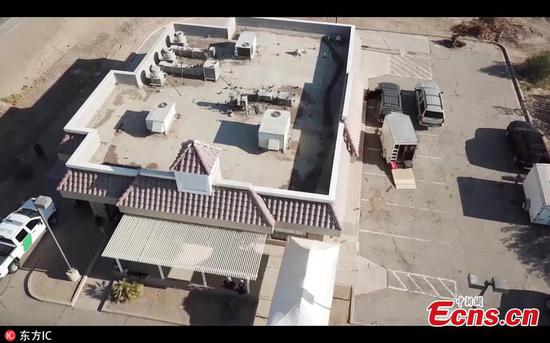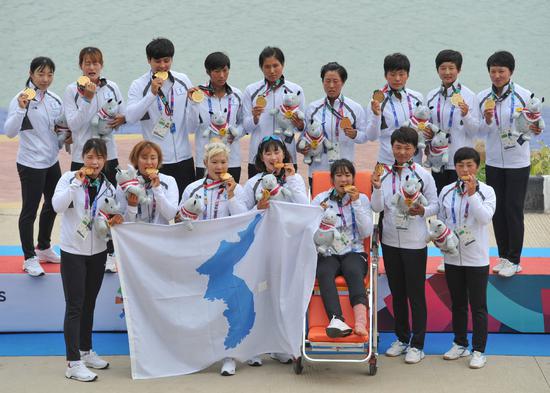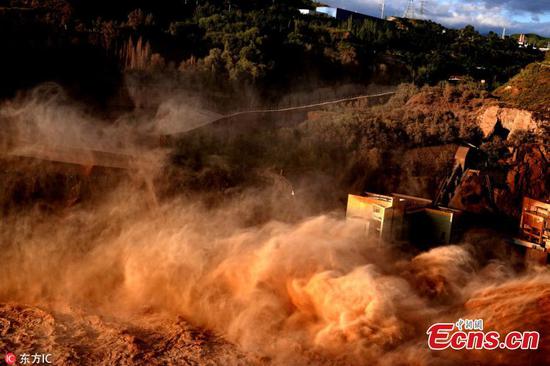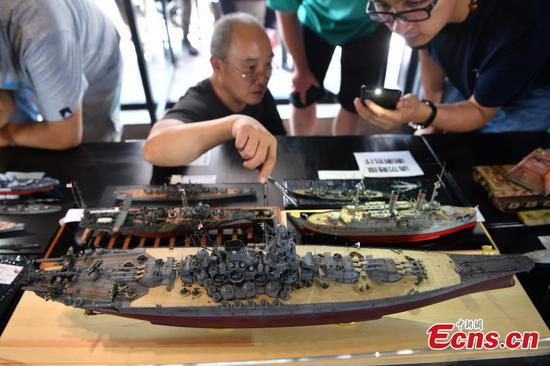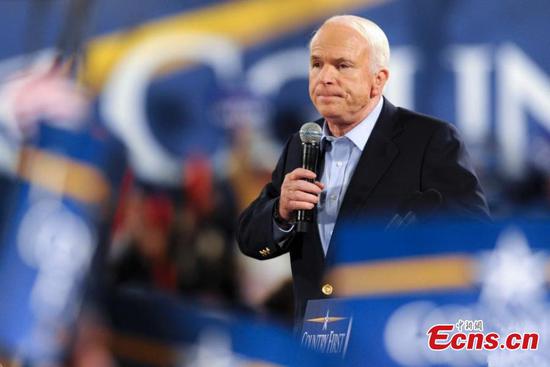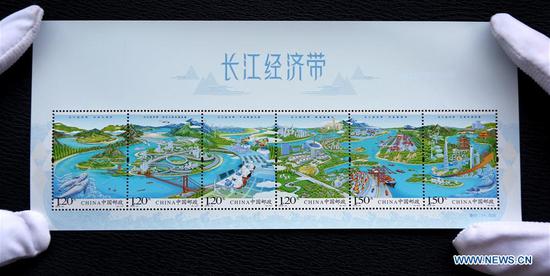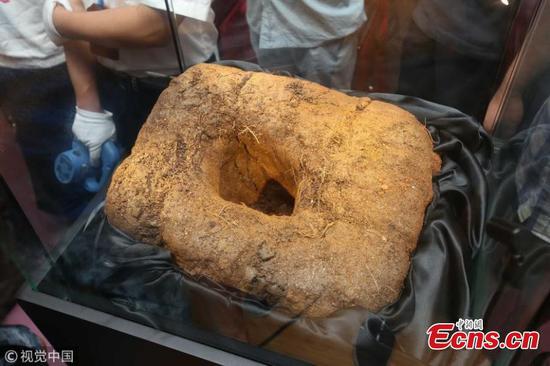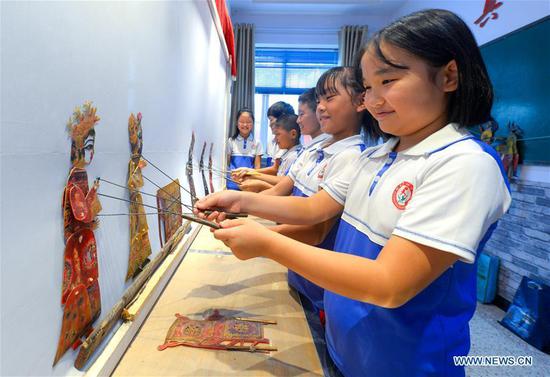Iraq will send a delegation to the United States to discuss a deal over financial transactions with Iran after Washington reimposed economic sanctions on Tehran, Iraqi Prime Minister Haider al-Abadi said on Tuesday.
"Iran is a neighboring country, and Iraq needs to deal with it in many aspects, including gas and electricity," Abadi told a press conference after weekly cabinet meeting.
He said the Iraqi government had formed a committee under the chairmanship of the Iraqi Central Bank, to review the sanctions (on Iran) and to provide a clear vision of Iraq's needs.
"Iraq is not with economic sanctions against any country, and this is a strategic stand," Abadi said.
On Aug. 7, Abadi said that Iraq will abide by the U.S. sanctions on Iran for the sake of protecting Iraq's interest.
"We are not sympathetic with the U.S. sanctions against Iran, but we will abide by them to protect the interest of our people," he added, citing that non-compliance with the U.S. sanctions will harm Iraqi interest.
Hours before Abadi's comments, the United States reimposed the first round of economic sanctions on Iran, which had been eased under the 2015 landmark nuclear deal, as a result of U.S. President Donald Trump's decision to pull out of the deal in May.
The sanctions target Iran's trade in precious metals, transactions of U.S. dollars, as well as Iran's auto sector. The second round of U.S. sanctions will take effect in November to include a ban on Iranian oil exports and dealing with Iran's central bank.
Under the 2015 deal, the United States agreed to lift the crippling economic sanctions on Iran in exchange for Tehran's agreement to limit its sensitive nuclear activities and allow international inspectors access to its facilities.









